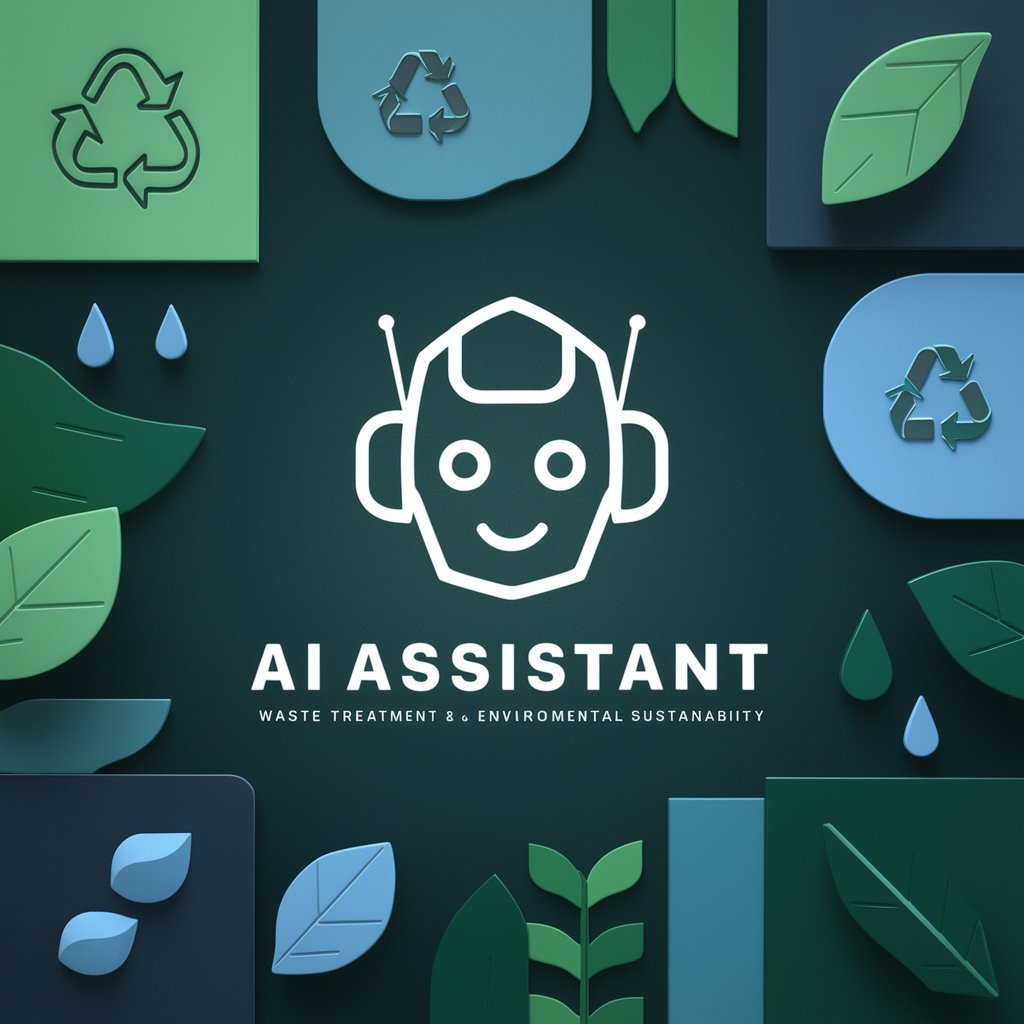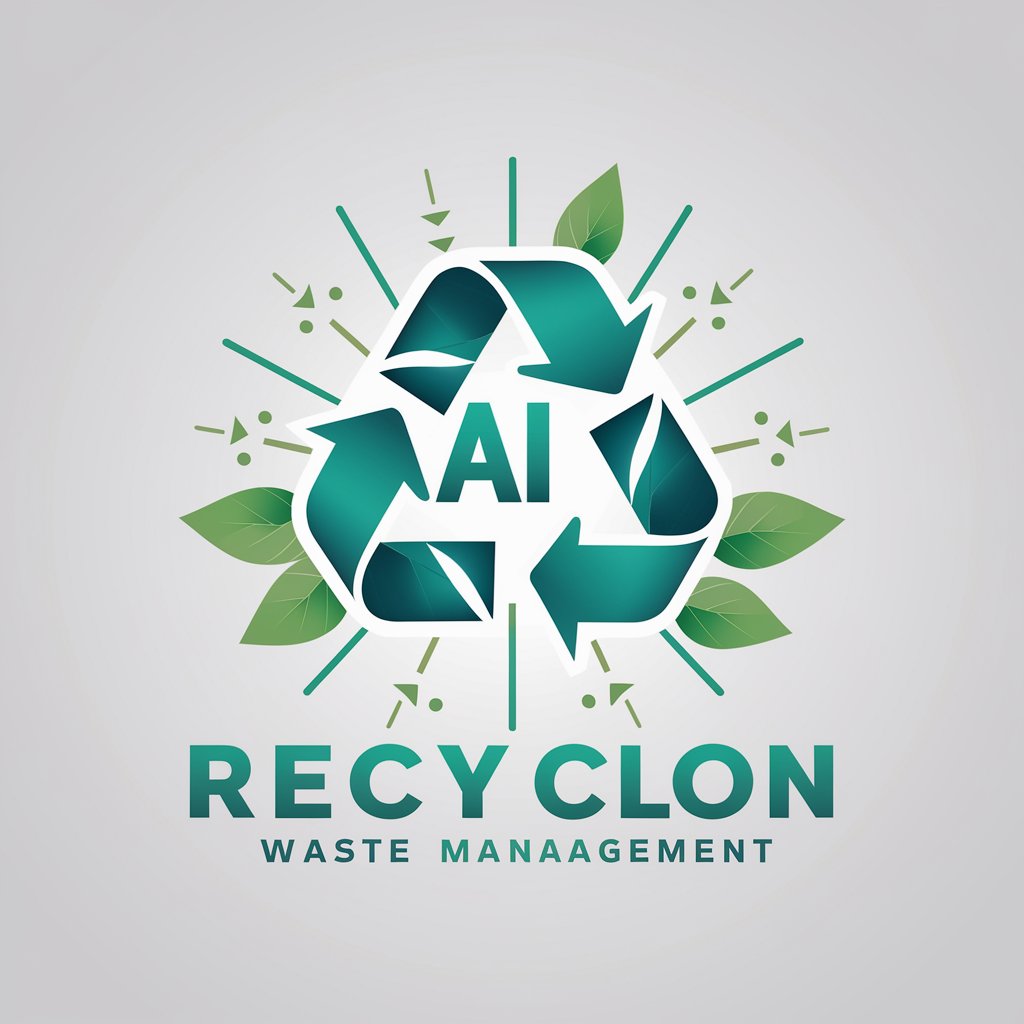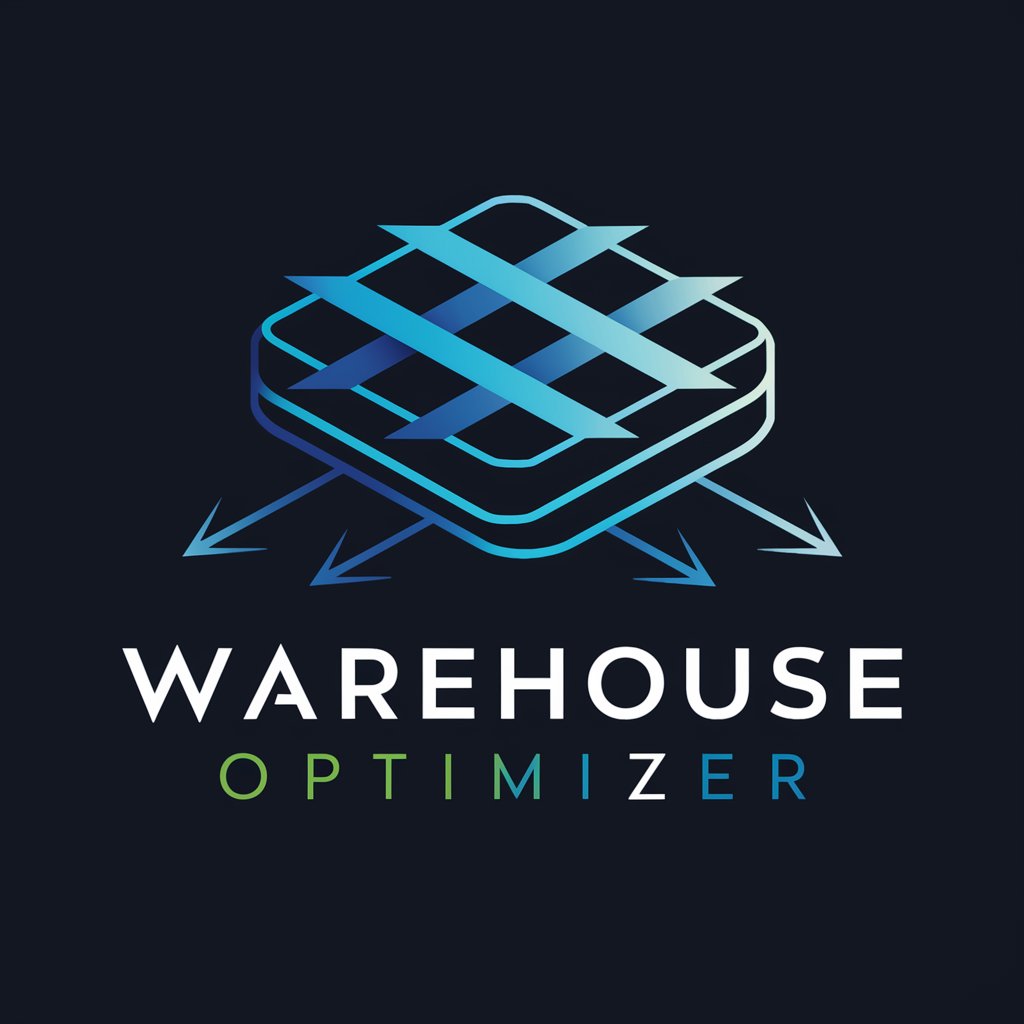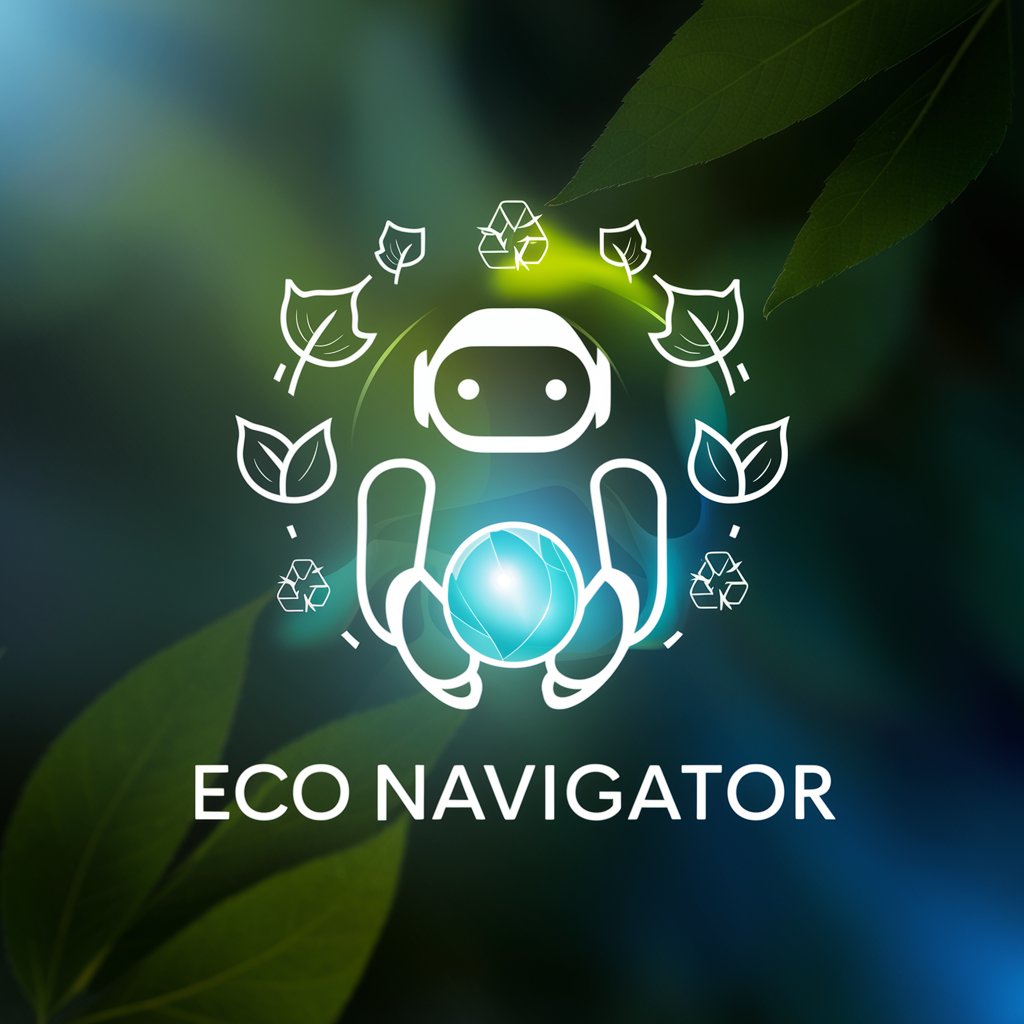
Waste Management Optimizer - Waste Management Route Optimizer

Welcome! Let's optimize your waste management for a greener future.
Optimize Routes with AI-Powered Efficiency
Optimize waste collection routes to reduce emissions by...
Schedule waste disposal to minimize transportation distances by...
Analyze data on waste collection points to improve efficiency by...
Implement sustainable practices in waste management by...
Get Embed Code
Overview of Waste Management Optimizer
Waste Management Optimizer is designed to enhance the efficiency of waste management operations through data-driven route optimization and scheduling. The primary purpose is to minimize fuel consumption and reduce carbon emissions associated with waste collection and disposal. By leveraging real-time data and advanced algorithms, this tool calculates the most efficient routes for waste collection vehicles and schedules disposal at recycling centers and landfills optimally to shorten transportation distances. For example, if a city's waste management department inputs data on collection points, vehicle capacities, and landfill locations, the optimizer can generate routes that minimize travel time and distance, thereby saving fuel and reducing emissions. Powered by ChatGPT-4o。

Key Functions of Waste Management Optimizer
Route Optimization
Example
In a city with multiple waste collection points and varied traffic patterns, the optimizer analyzes the best routes that save time and fuel. It considers factors such as vehicle load capacity, road conditions, and traffic data.
Scenario
For instance, a fleet manager in an urban area inputs vehicle specifications and multiple collection points into the system. The optimizer processes this data and outputs a set of routes that reduce total mileage and avoid known traffic hotspots.
Scheduling for Disposal
Example
The optimizer not only focuses on collection routes but also schedules the timing of waste disposal to recycling centers and landfills. It aims to ensure that vehicles do not arrive during peak times, avoiding delays and reducing idle time.
Scenario
Consider a scenario where a waste management company needs to coordinate the disposal of collected waste at several facilities. The optimizer schedules drop-offs based on the least busy hours at the facilities, as indicated by historical data, ensuring smoother operations and reduced waiting times.
Emission Reduction Analysis
Example
By optimizing routes and schedules, the system also calculates the potential reduction in carbon emissions, providing environmental engineers and planners with data to support sustainable practices.
Scenario
A municipal council wants to understand the impact of its new waste collection strategies on the environment. Using the optimizer, they can compare emission metrics before and after implementing optimized routes, clearly seeing the benefits of their initiatives.
Target User Groups for Waste Management Optimizer
Environmental Engineers
These professionals can use the optimizer to develop more sustainable waste management systems by incorporating route optimization and emissions data into their projects, thereby aligning with environmental regulations and goals.
Municipal Waste Management Departments
Local government units managing city waste can significantly benefit from the optimizer by improving operational efficiency, reducing operational costs, and enhancing service reliability to the community.
Waste Collection and Disposal Companies
Private firms can utilize the optimizer to streamline their operations, maximize resource utilization, and improve profitability while also contributing to environmental sustainability goals.

Guidelines for Using Waste Management Optimizer
Initial Access
Start by visiting yeschat.ai to access a free trial of Waste Management Optimizer, with no need for login or ChatGPT Plus.
Input Data
Input data on waste collection points, vehicle capacities, and disposal sites. Ensure accuracy to enhance the optimization of routes.
Route Optimization
Utilize the tool to optimize waste collection routes, focusing on minimizing fuel consumption and emissions.
Schedule Disposals
Schedule waste disposal at the nearest recycling centers and landfills to reduce transportation distances and enhance efficiency.
Review and Adjust
Regularly review and adjust the routes and schedules based on real-time data and feedback to continually improve efficiency.
Try other advanced and practical GPTs
【感情に刺さる文章作成BOT】
Bringing Emotions to AI-Written Texts

【感情分析】喜び、悲しみ、怒り、不安、不満、満足
AI-powered insight into emotional dynamics

感情豊かな文章作成
Crafting Texts with Heart and Soul

感情关系教练(进一步咨询,请加微信:415818818)
Streamlined Guidance, AI-Driven Responses

Engineering Explorer
Illuminating Engineering Paths with AI

Engineering Expert
Empowering engineering minds with AI.

Zero-Waste Challenge Guide
Empowering Sustainable Living with AI
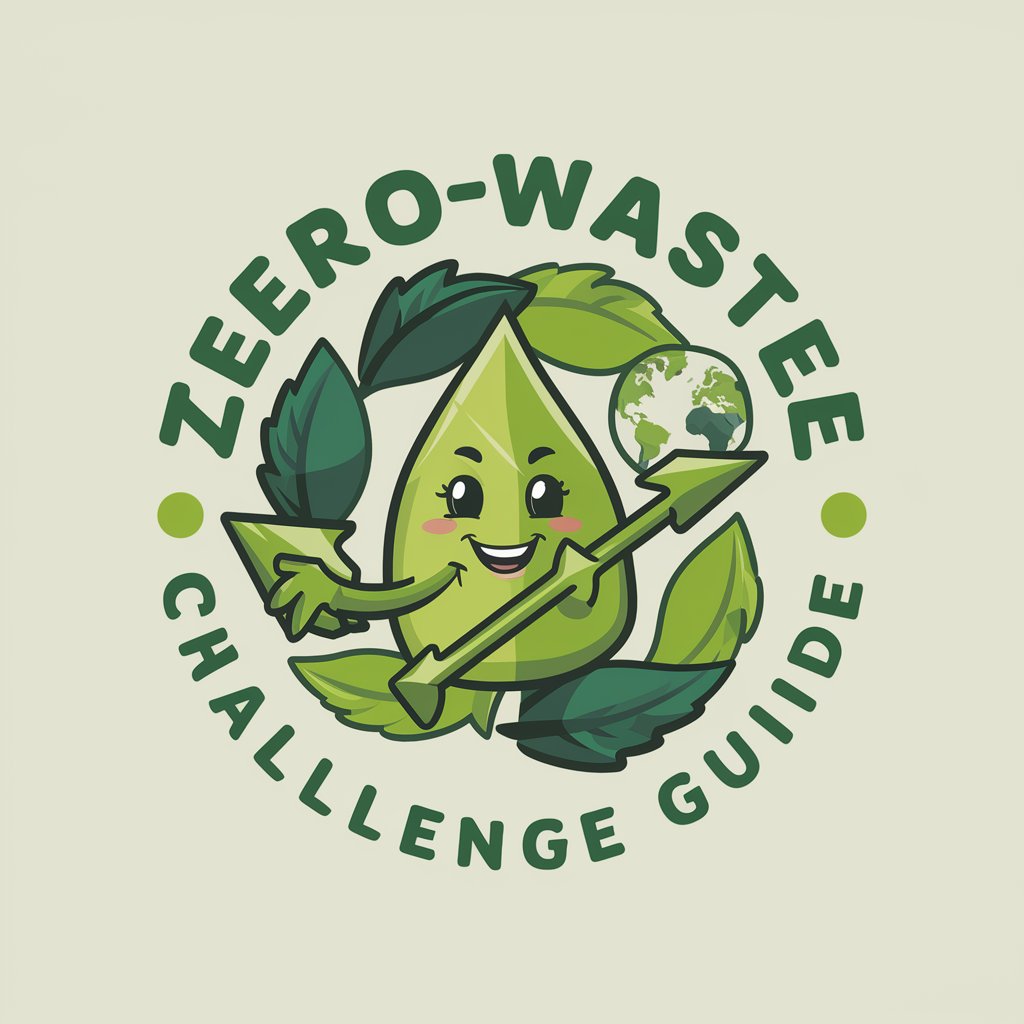
Wavertree Waste
Streamlining Waste Management with AI
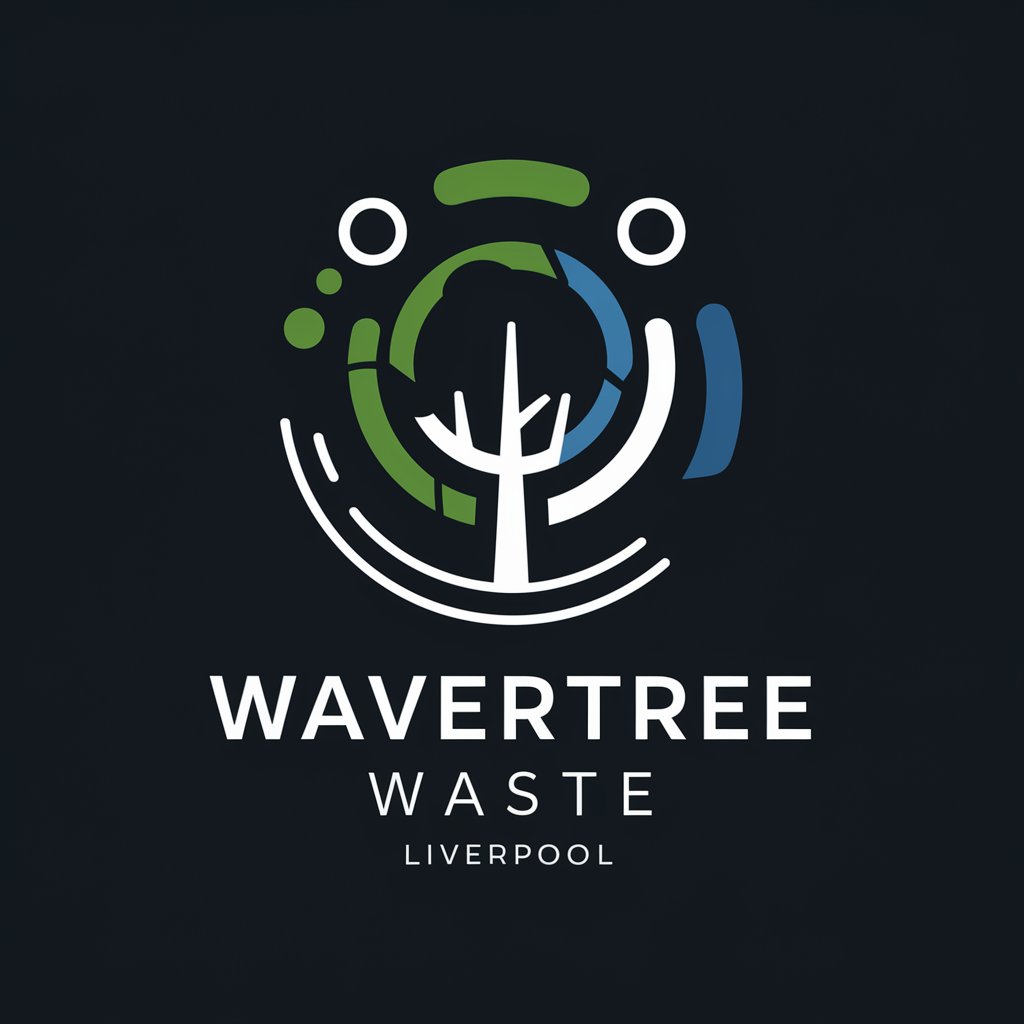
Waste Management Optimizer
Smart Waste Solutions Powered by AI
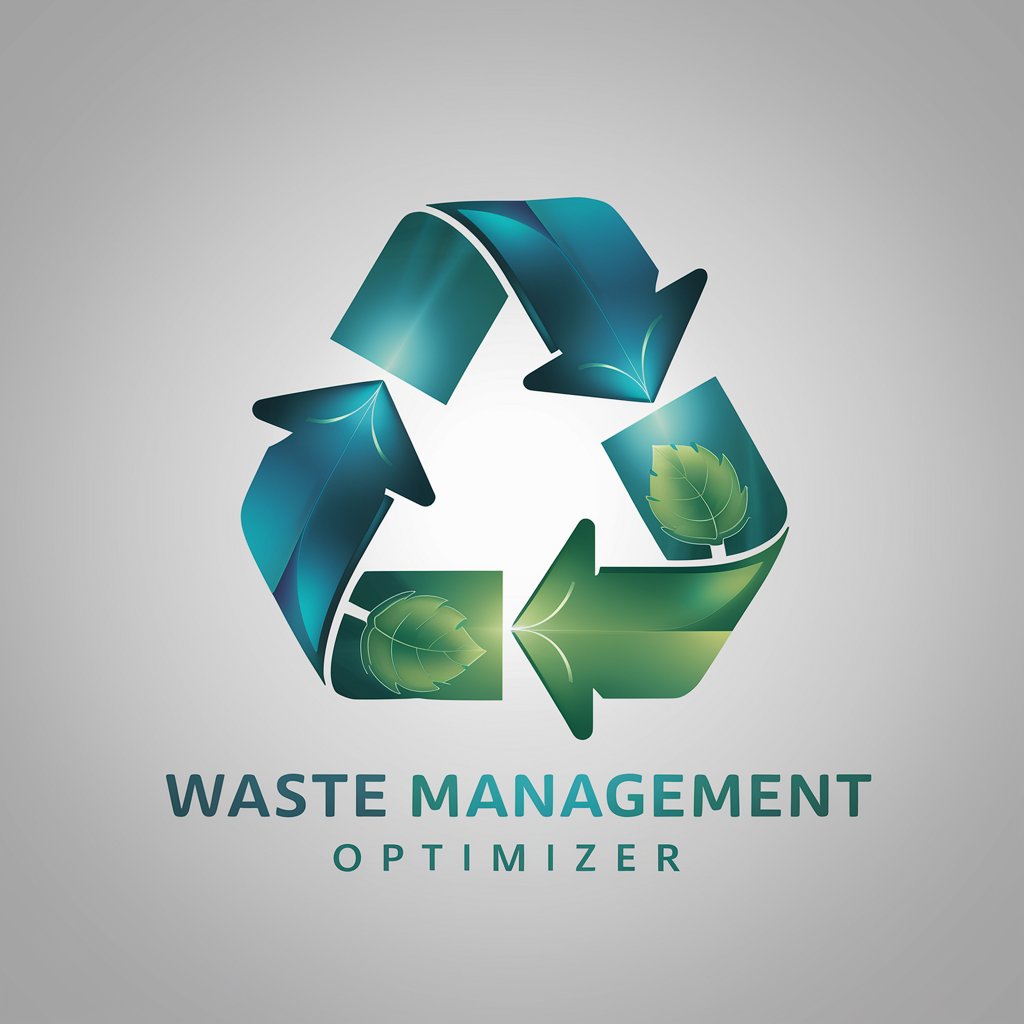
Zero Waste Companion
Master sustainable cooking with AI.
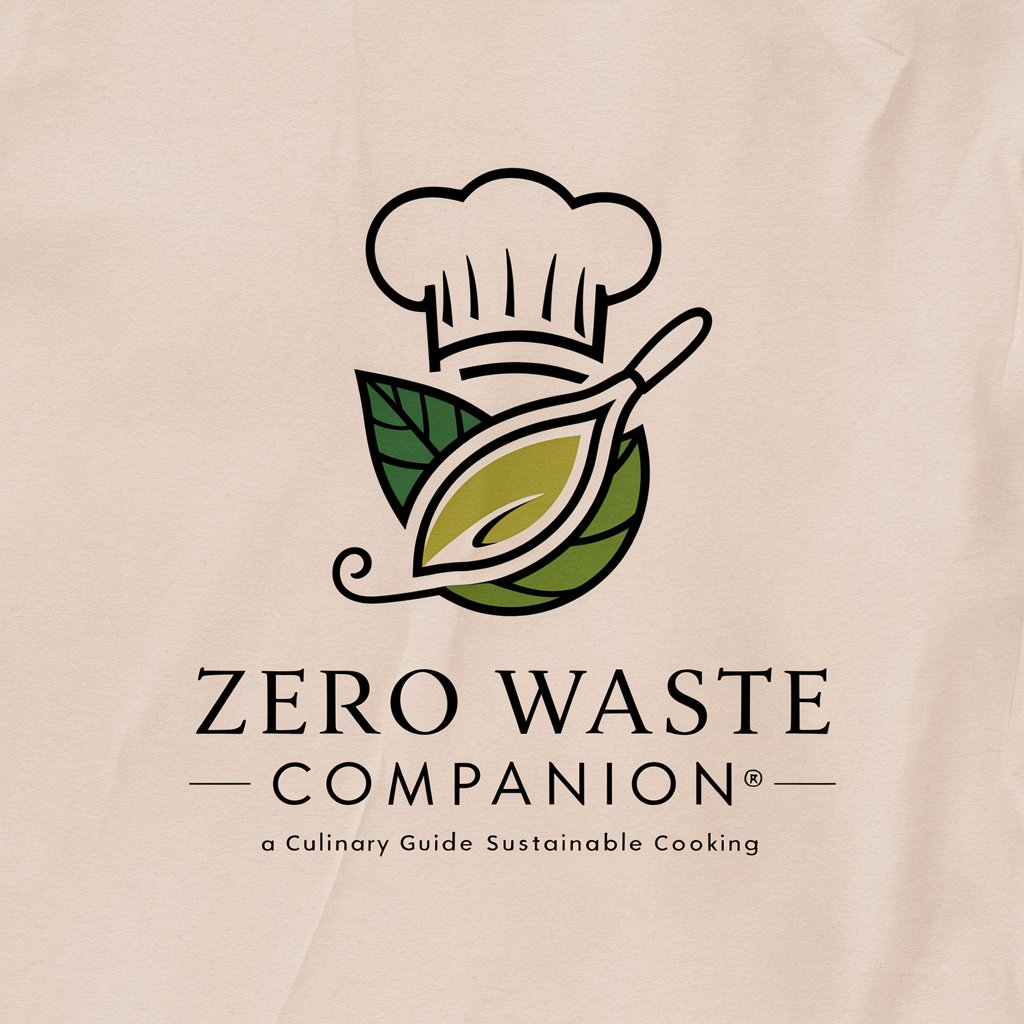
Zero Waste Product Designer
Design Smart, Waste Nothing.

Waste Reduction Advisor
Turn waste challenges into sustainable solutions
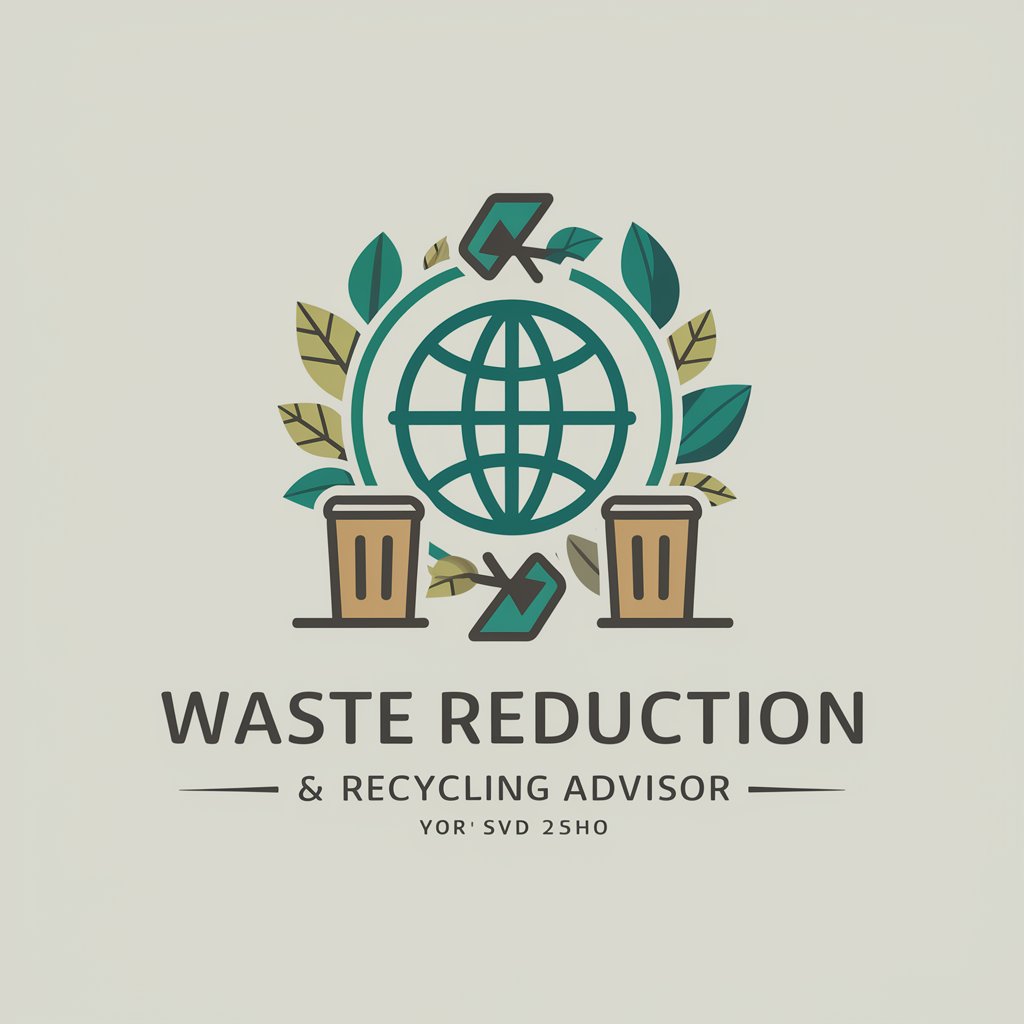
Frequently Asked Questions about Waste Management Optimizer
What data do I need to provide to use Waste Management Optimizer effectively?
You need to provide detailed data about waste collection points, the capacity of collection vehicles, and locations of disposal sites including recycling centers and landfills.
How does the tool minimize environmental impact?
The tool minimizes environmental impact by optimizing routes to reduce fuel consumption and emissions, and scheduling waste disposal to minimize travel distances.
Can Waste Management Optimizer handle unexpected changes in waste volume?
Yes, it can dynamically adjust routes and schedules in response to unexpected changes in waste volume or vehicle availability.
Is there a way to track the performance of the optimized routes?
Yes, the tool provides analytics and reporting features that allow you to track and evaluate the performance of the optimized routes over time.
What are the primary benefits of using Waste Management Optimizer?
The primary benefits include improved operational efficiency, reduced transportation costs, lower emissions, and enhanced sustainability in waste management practices.


